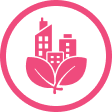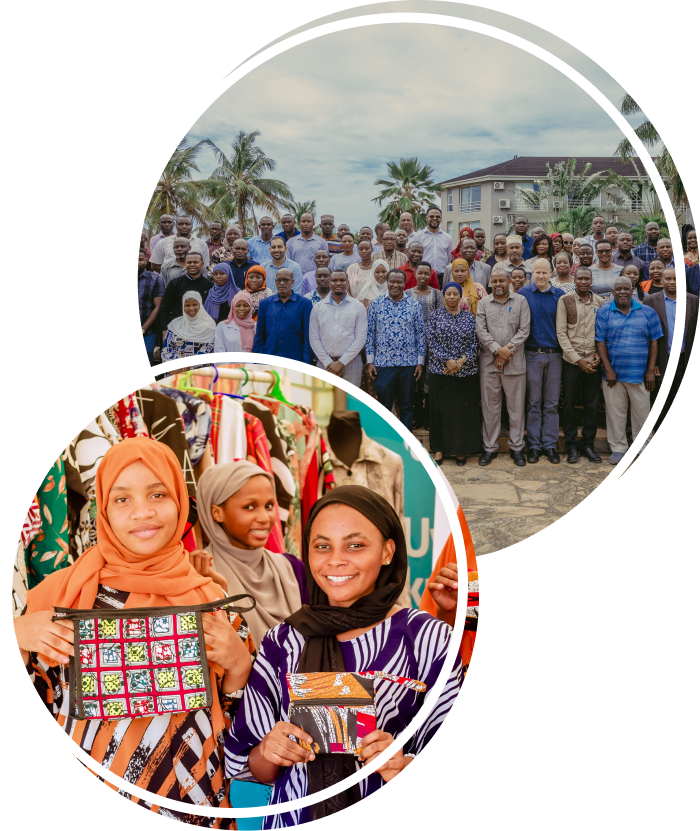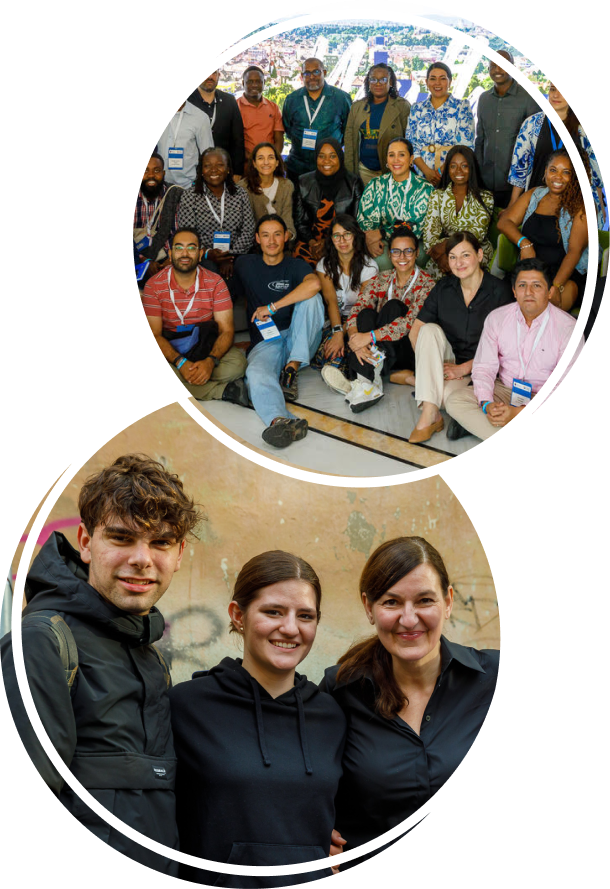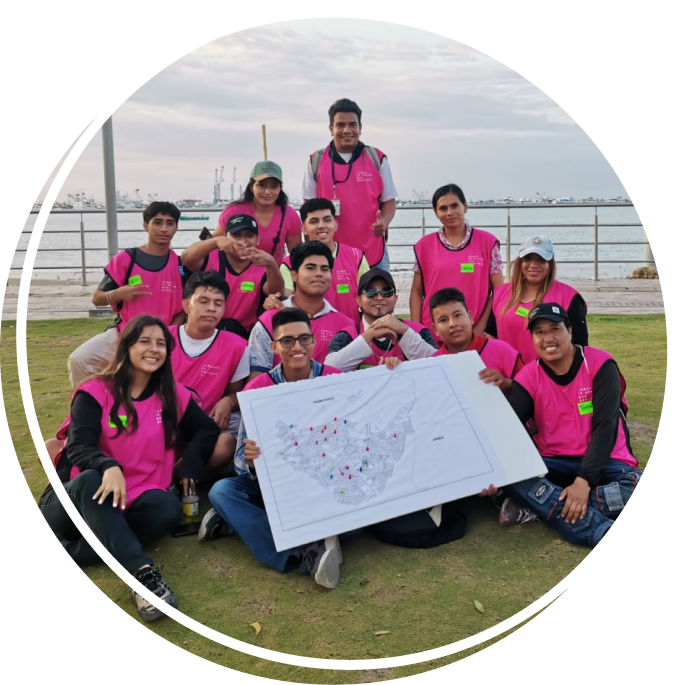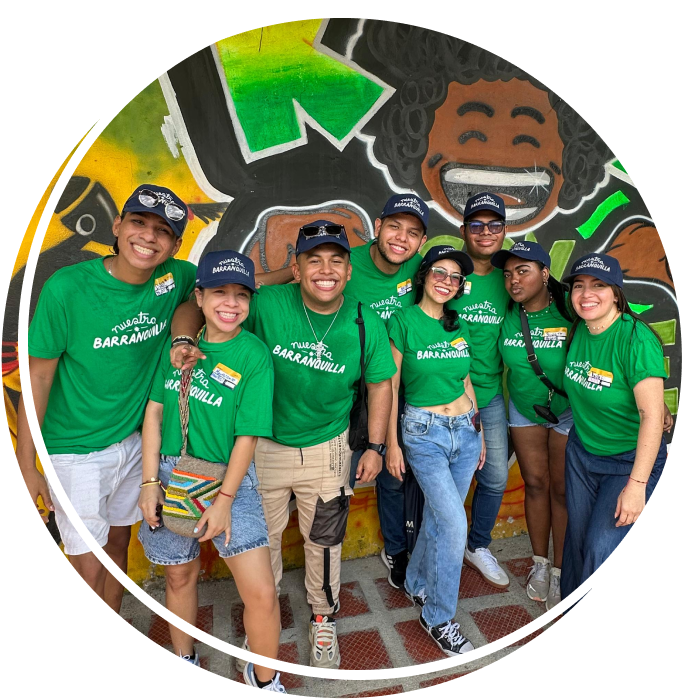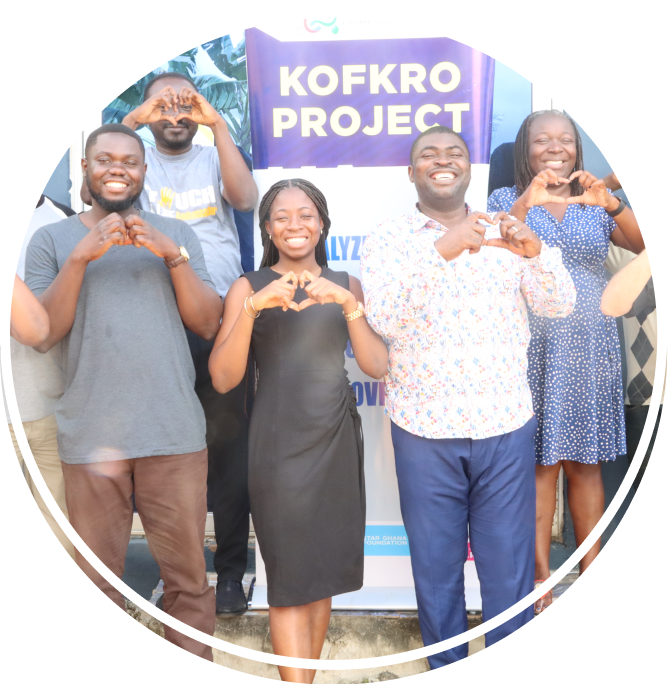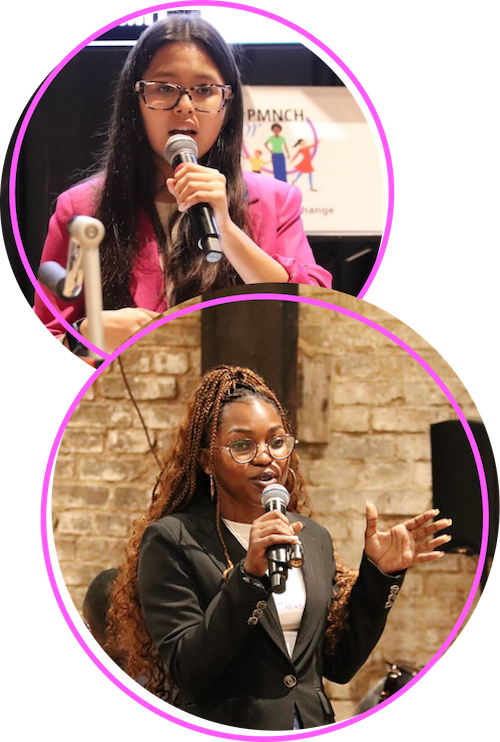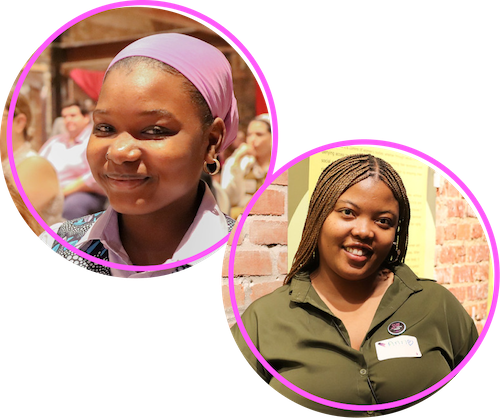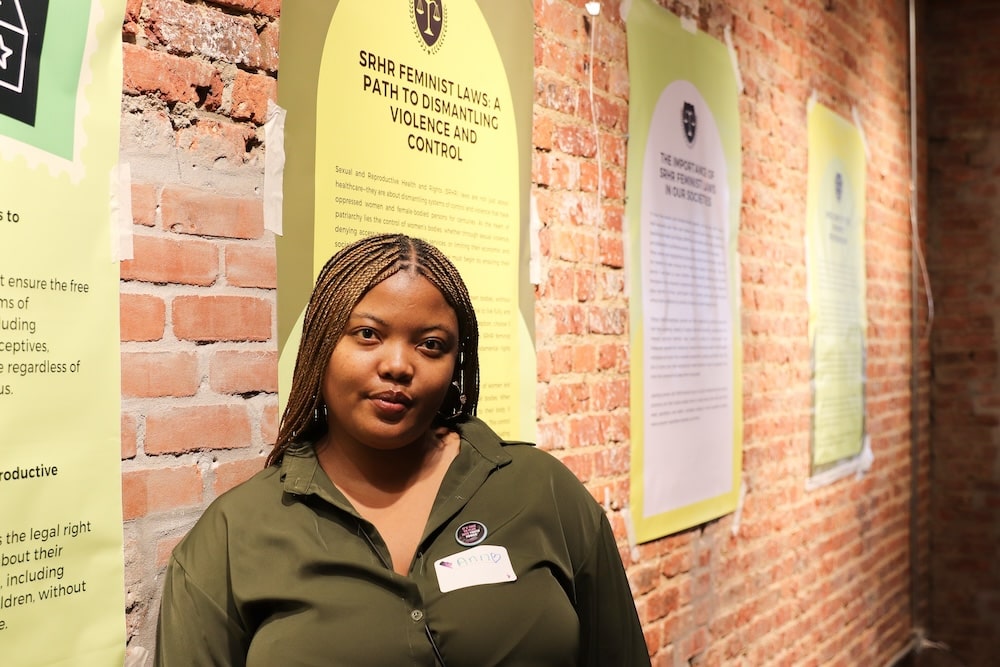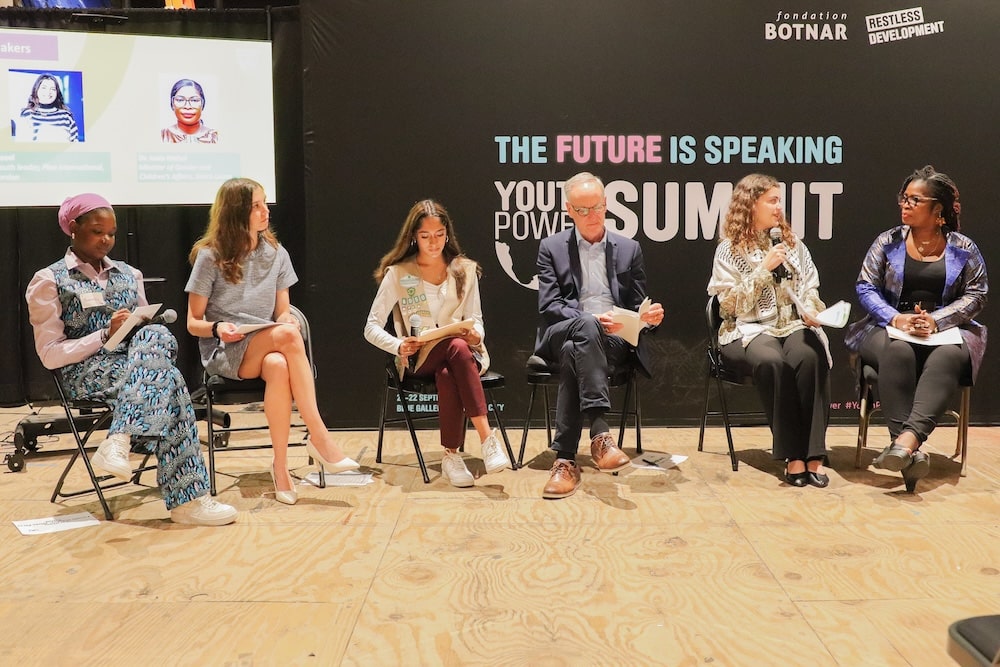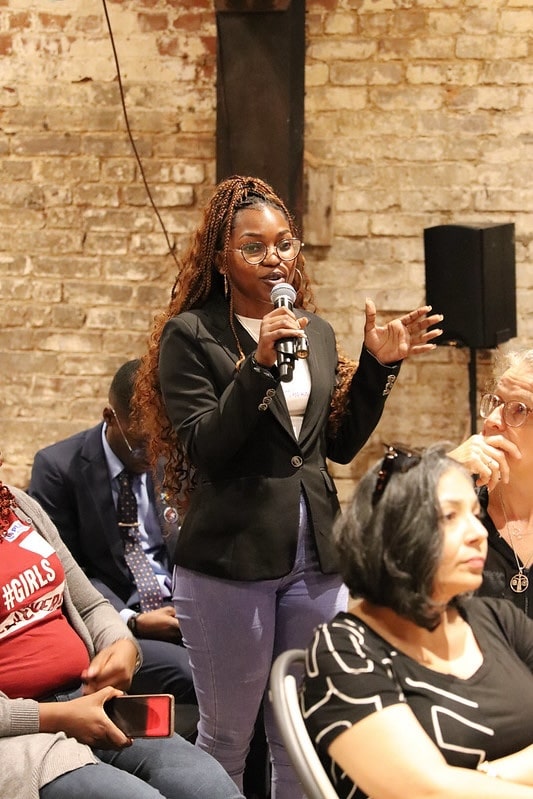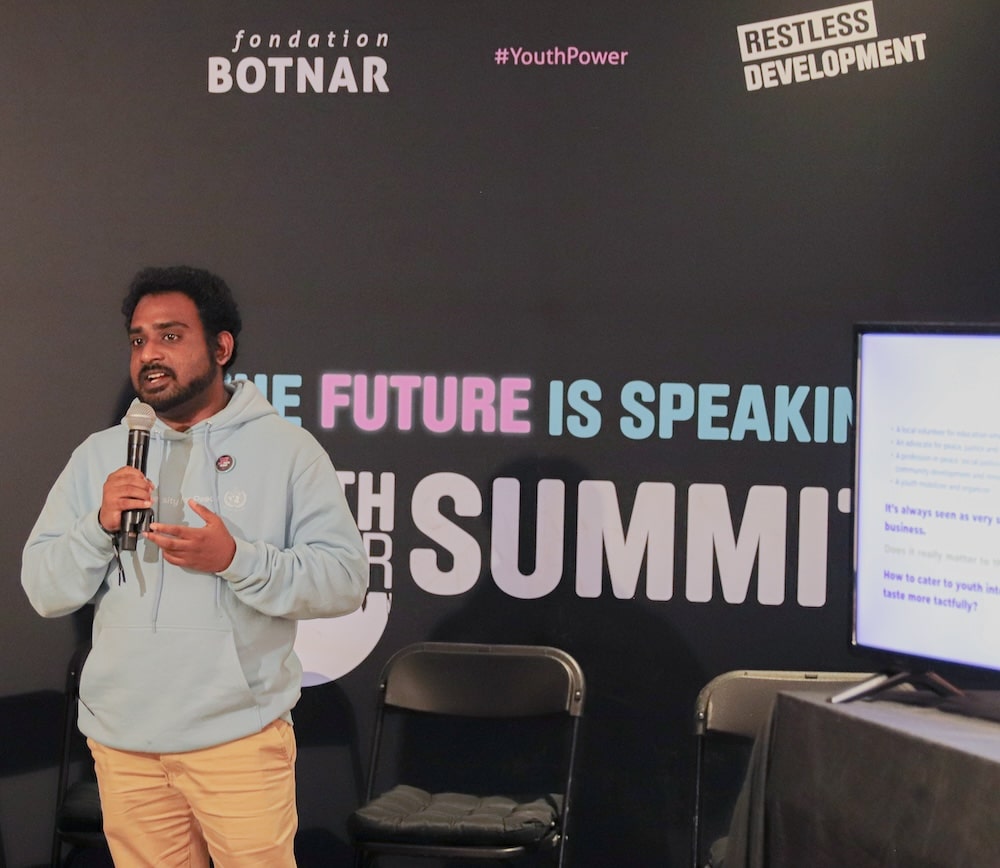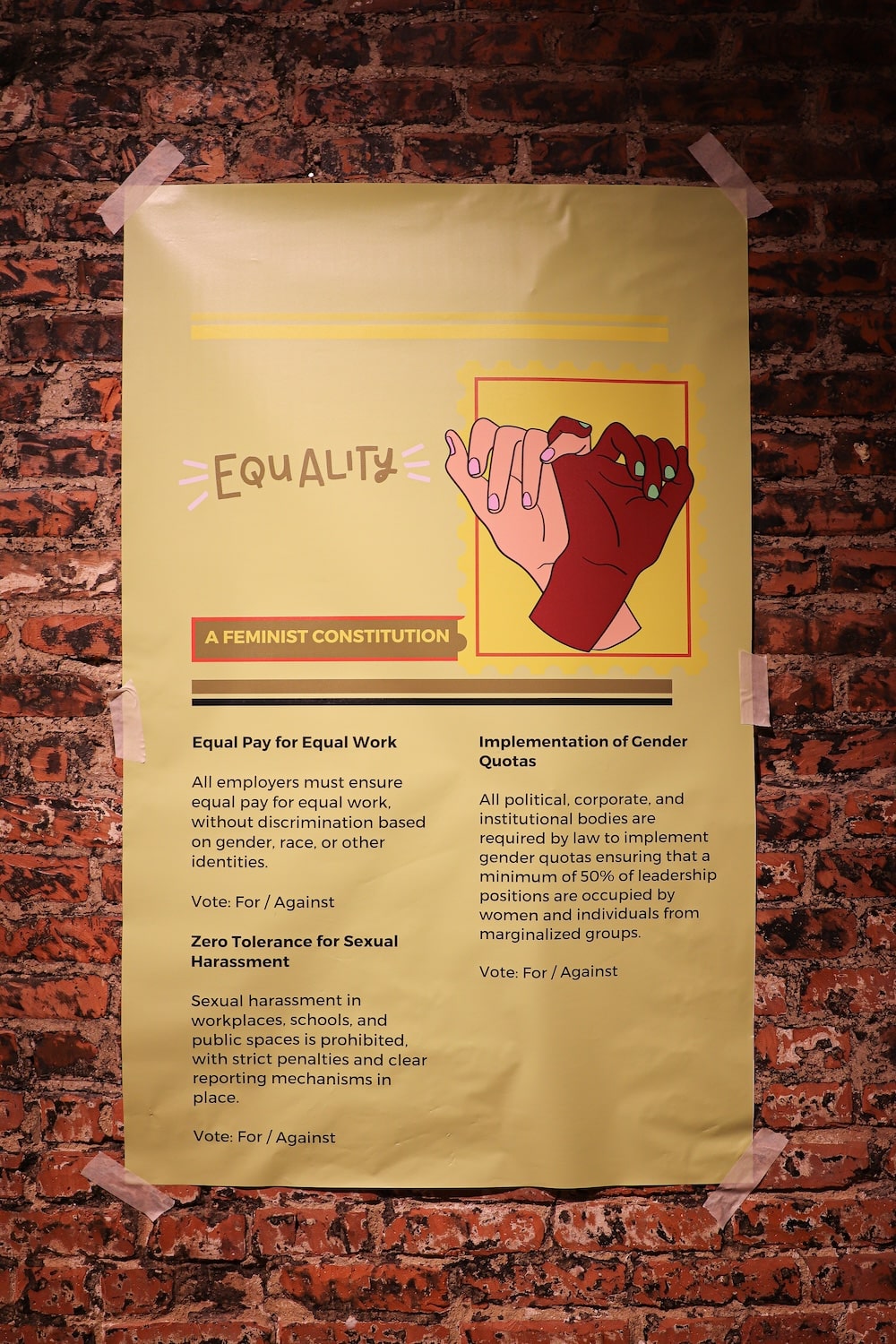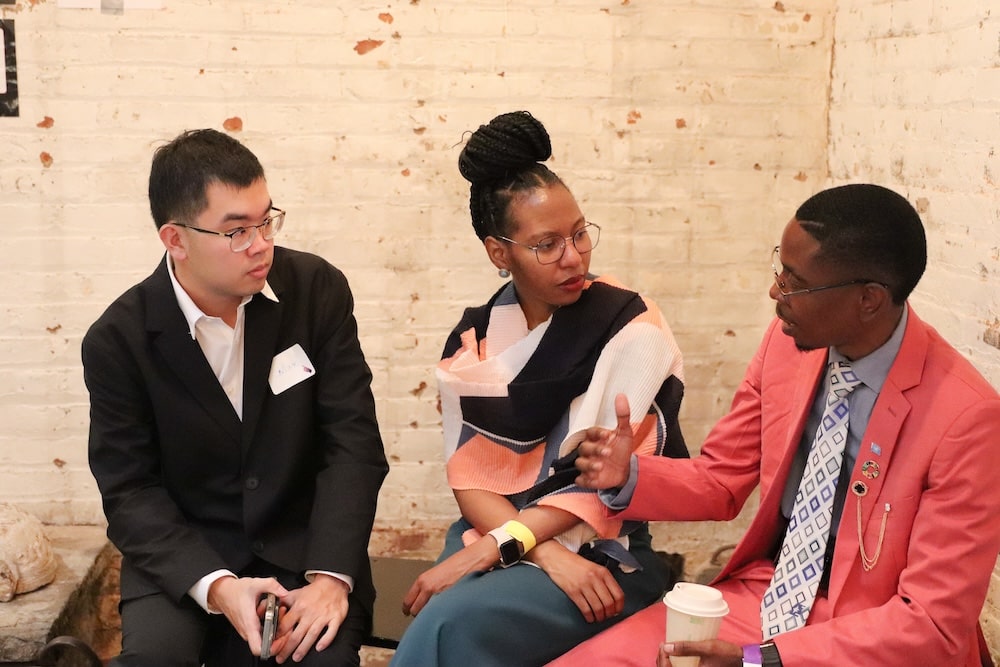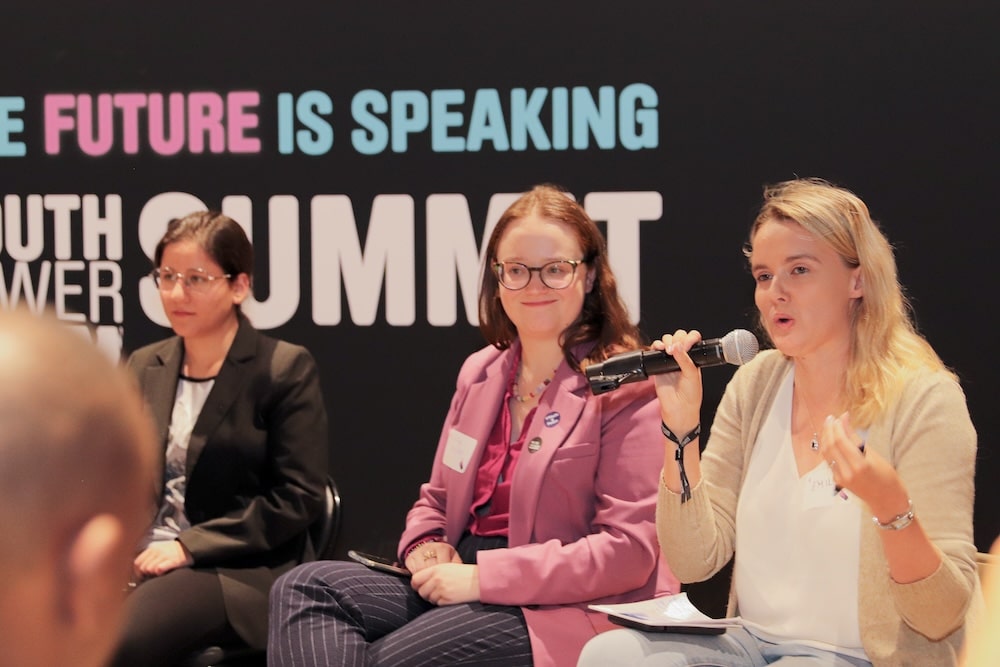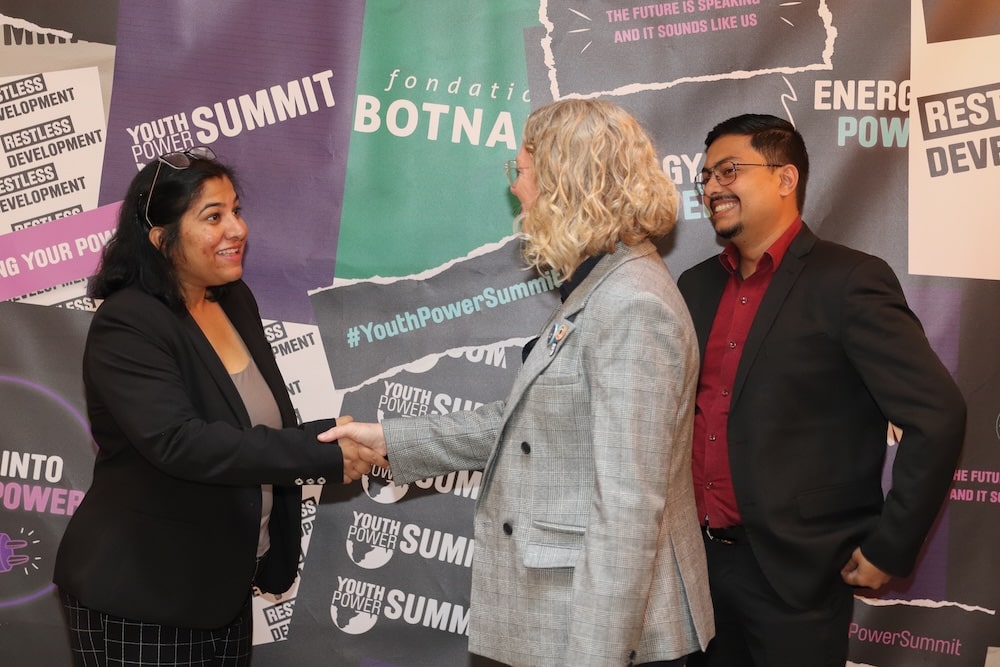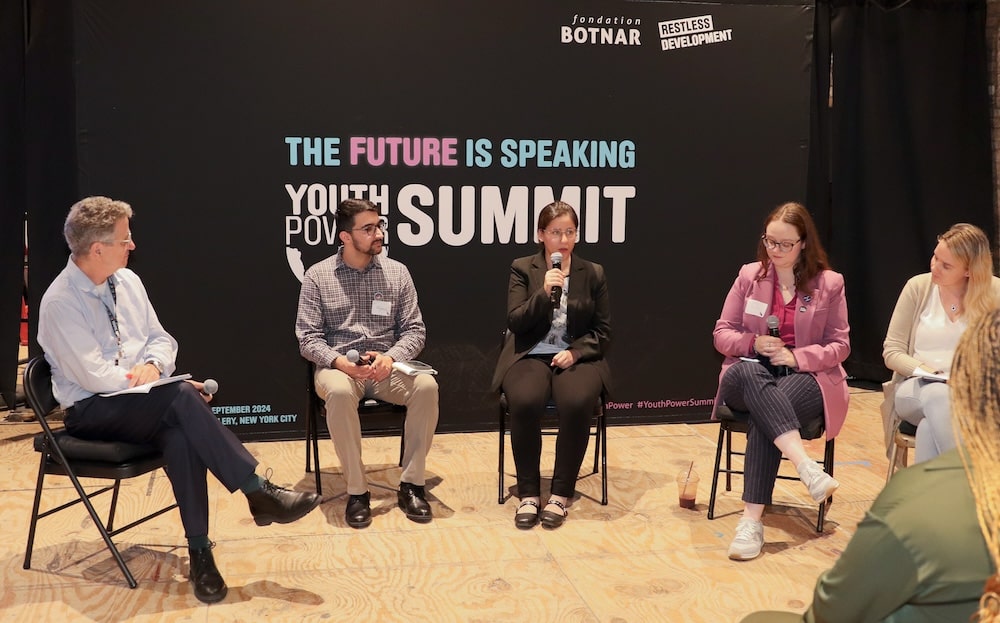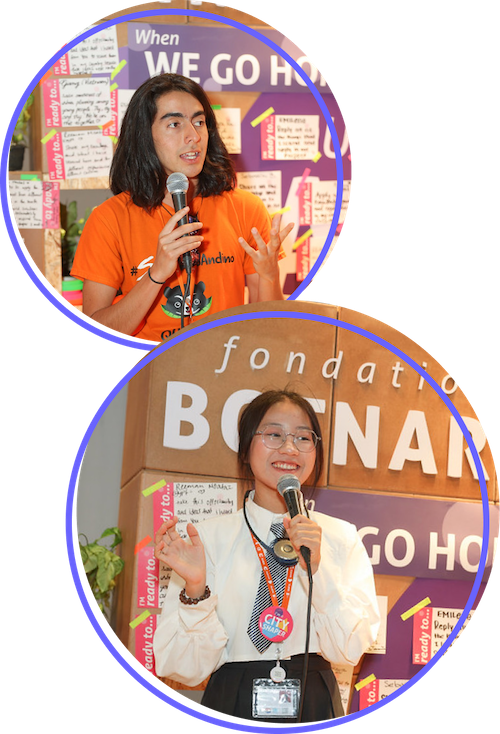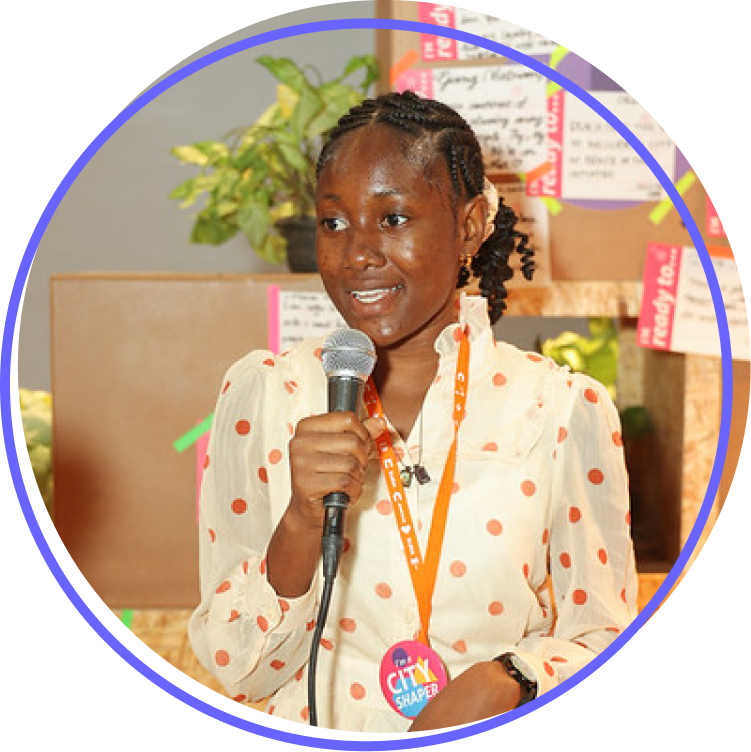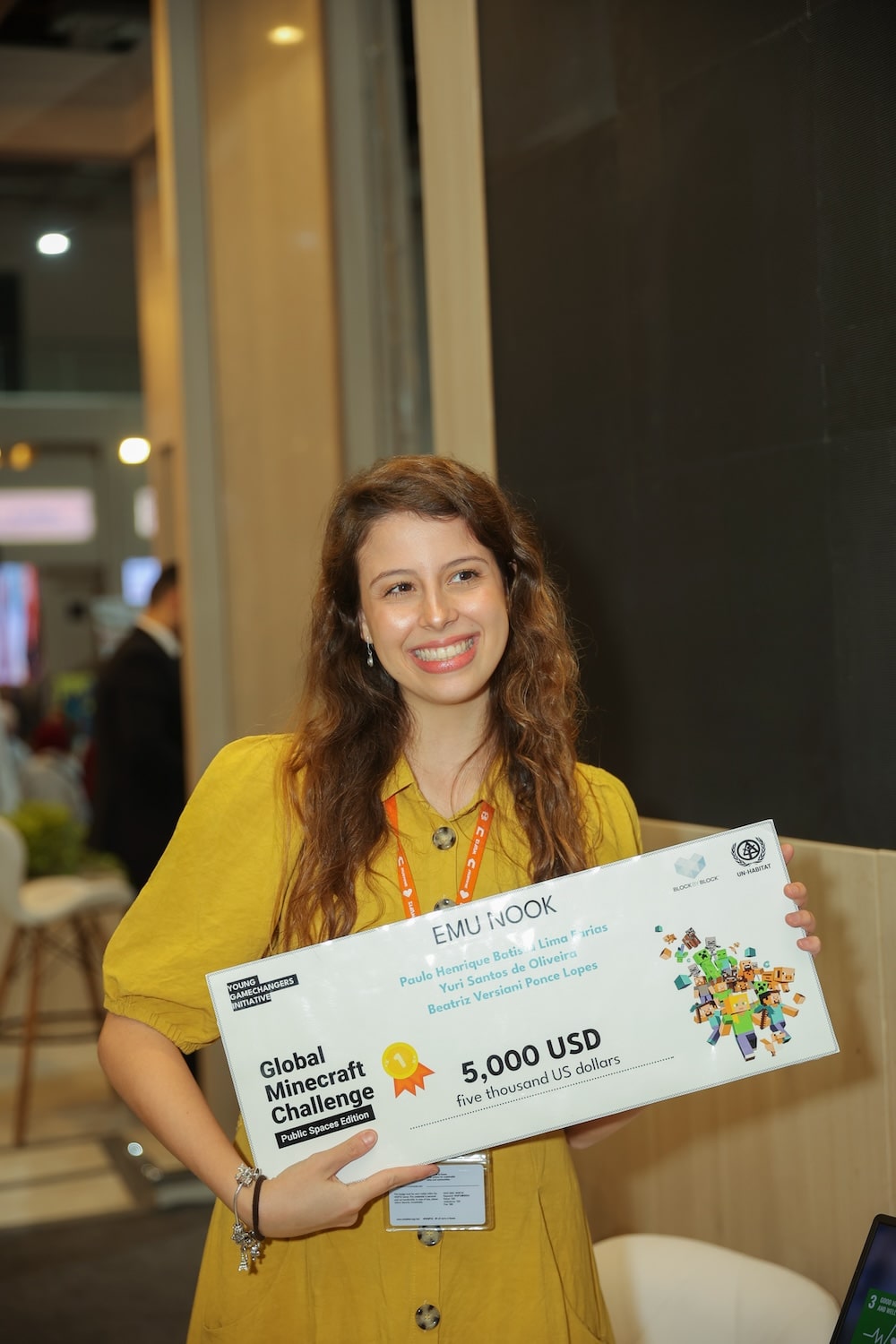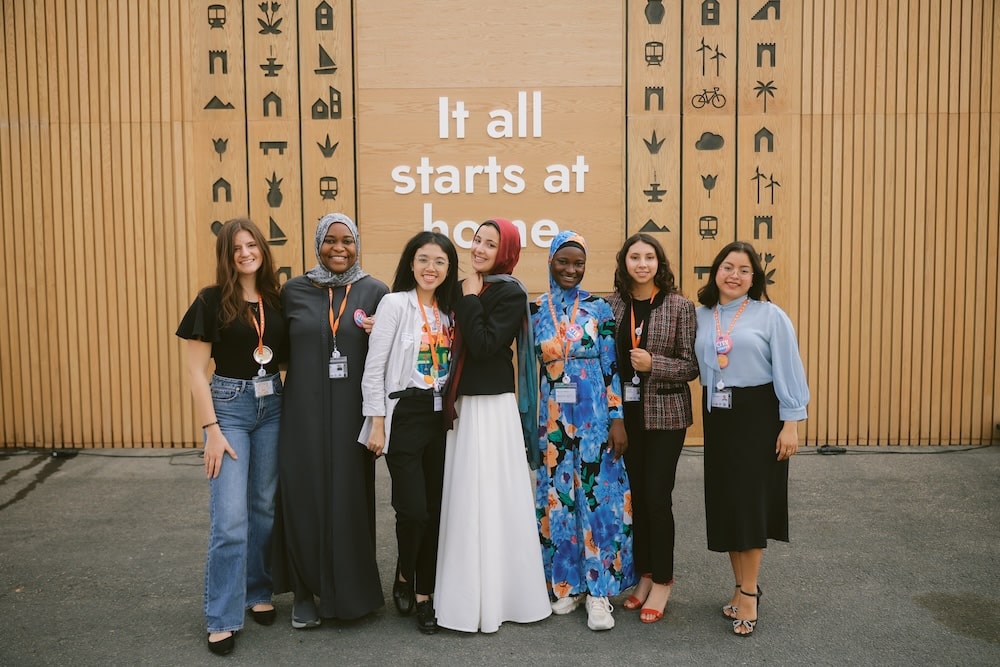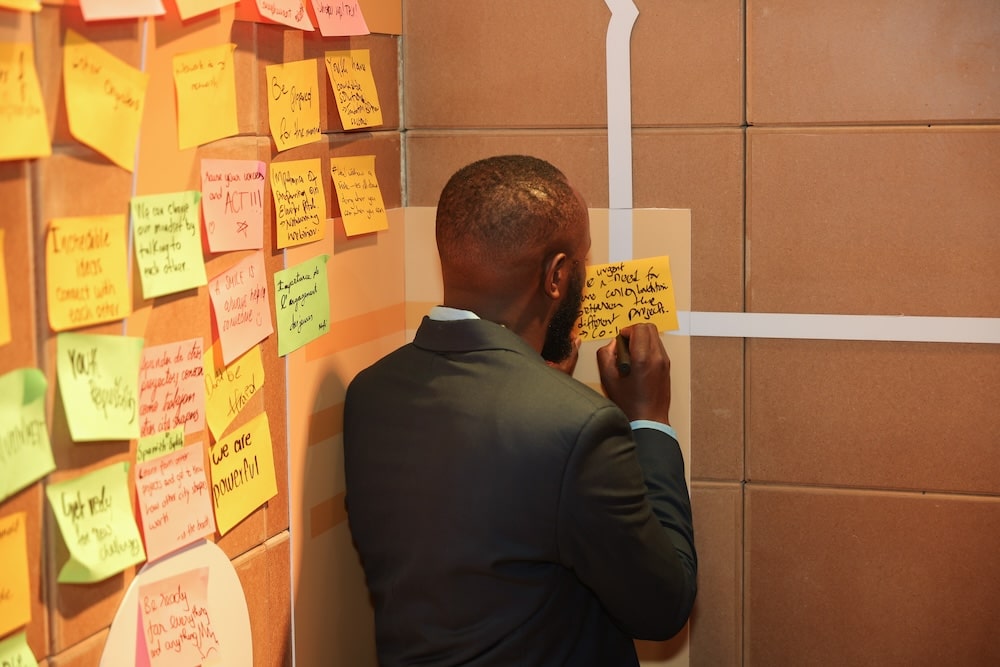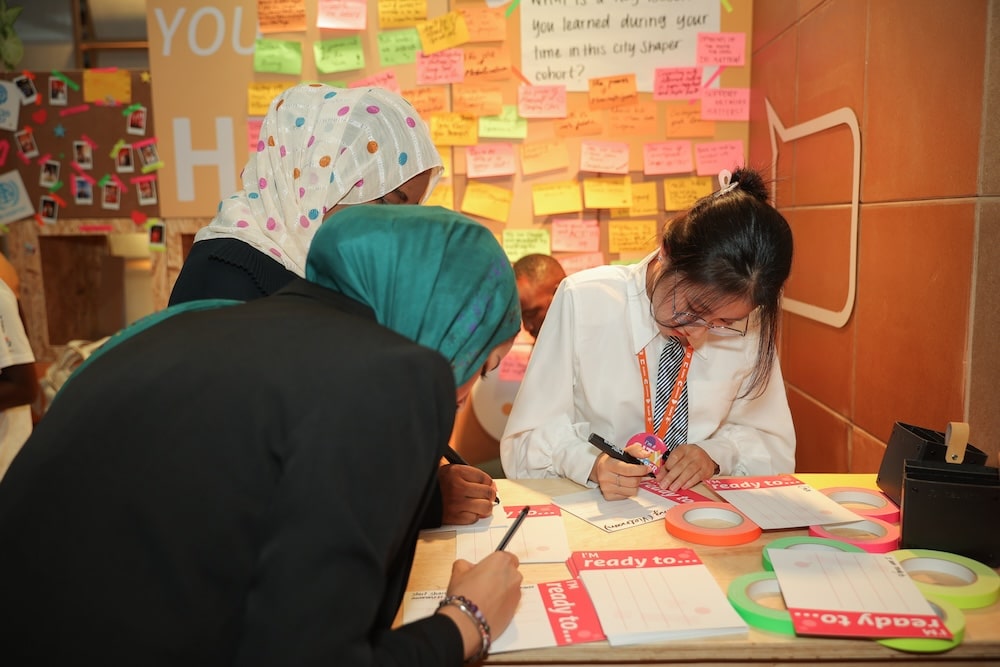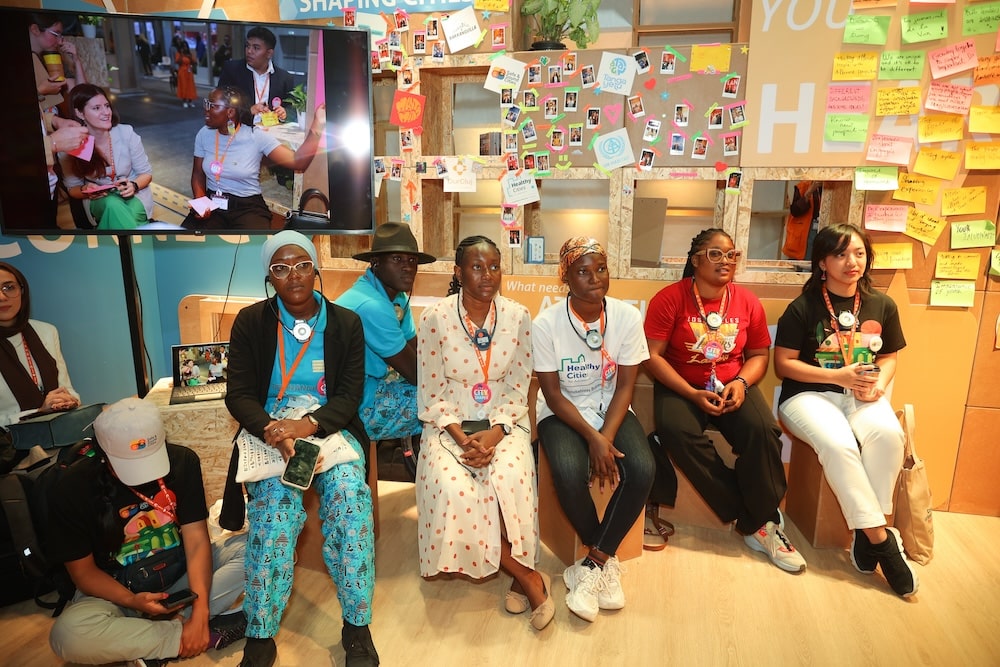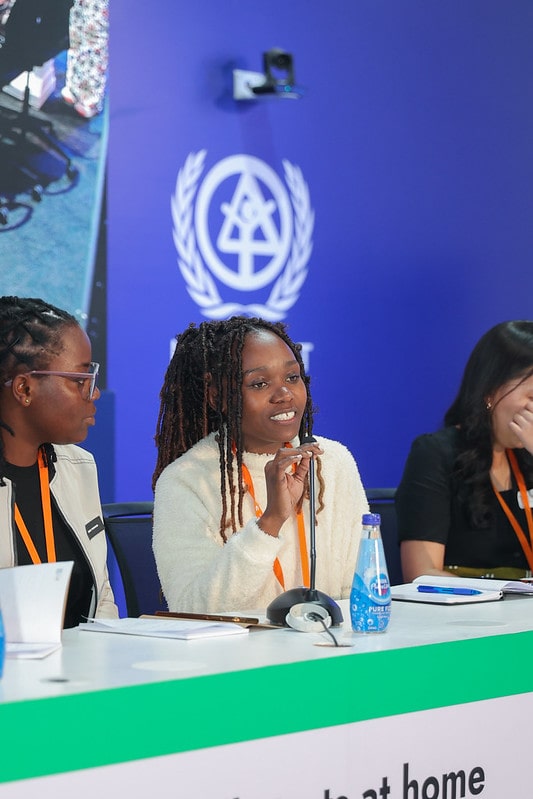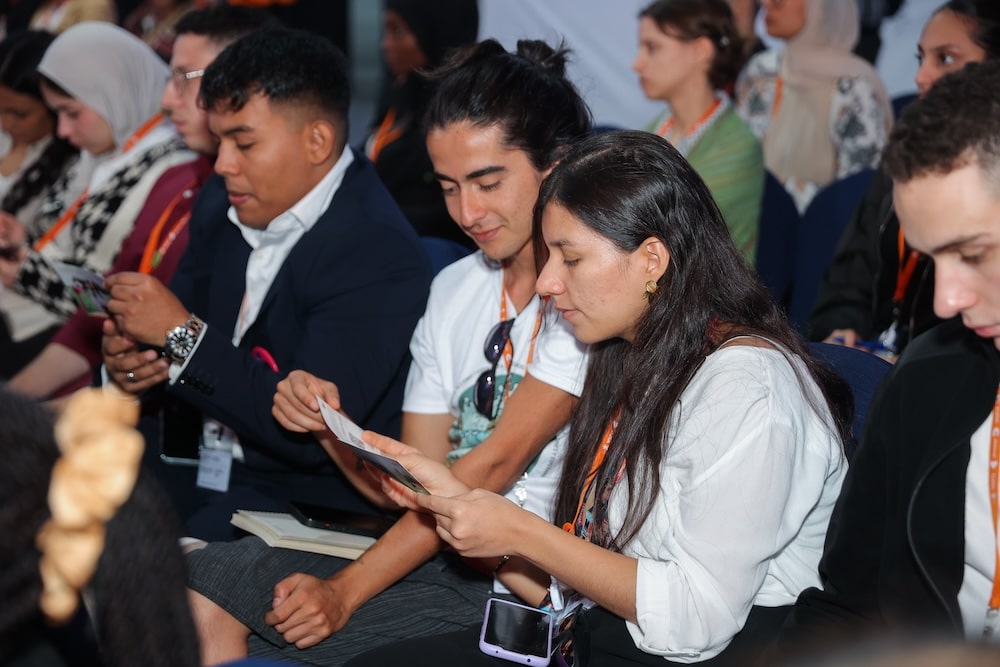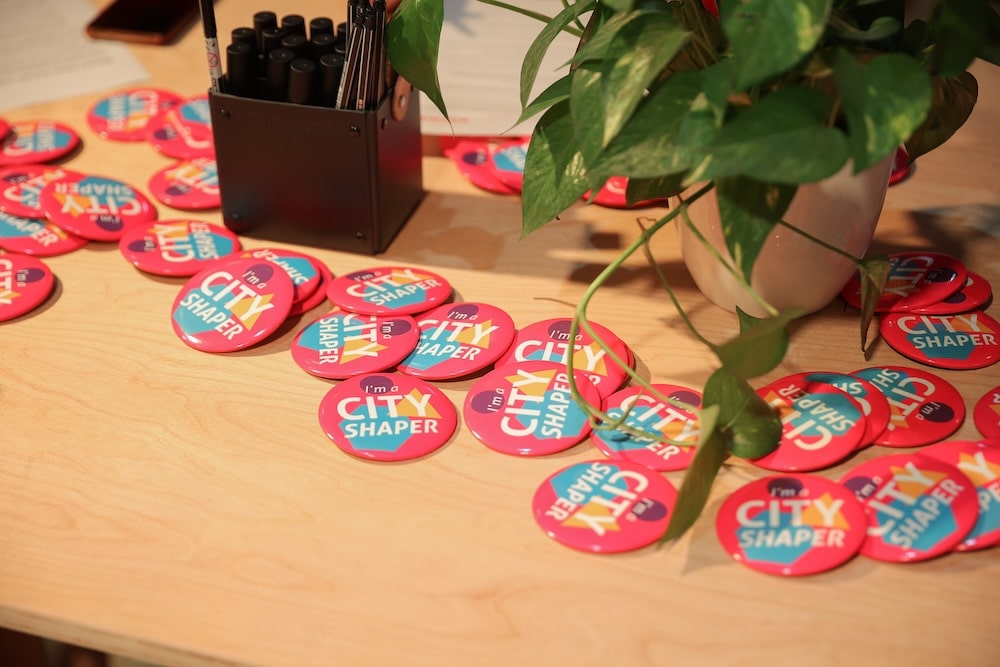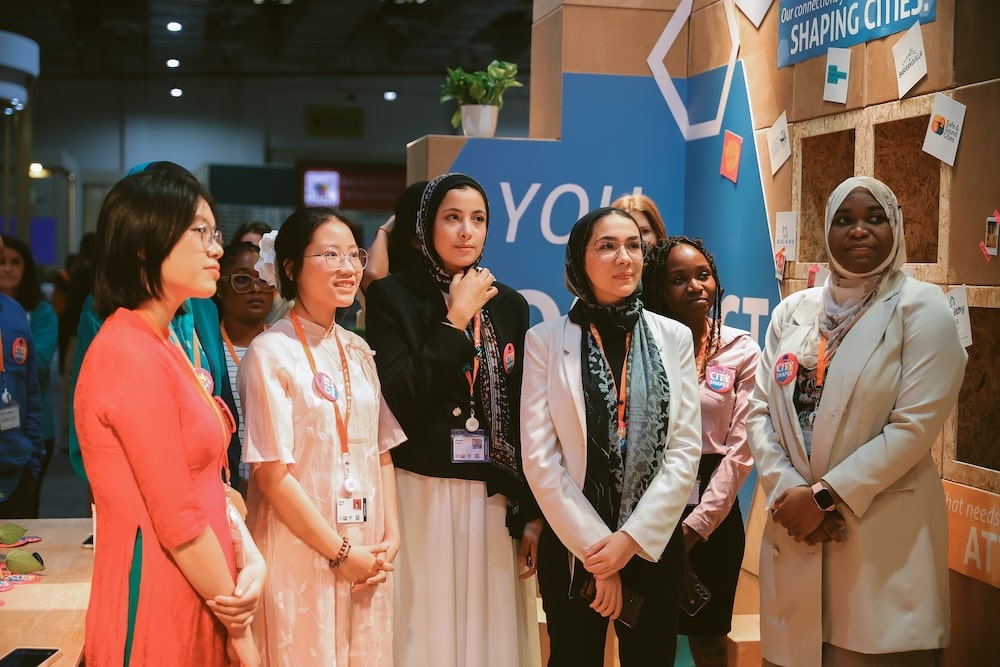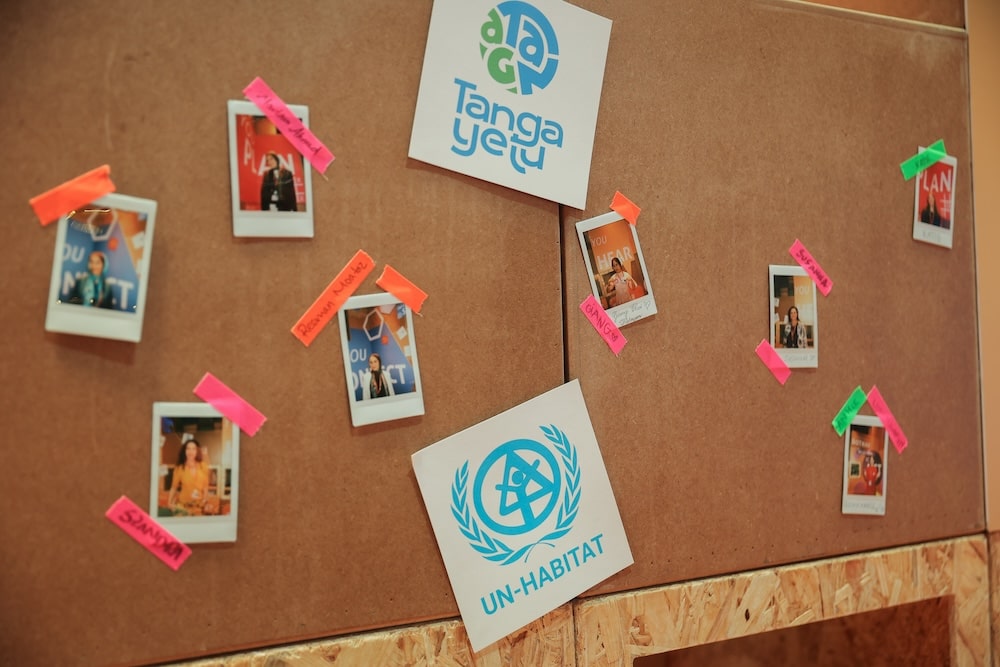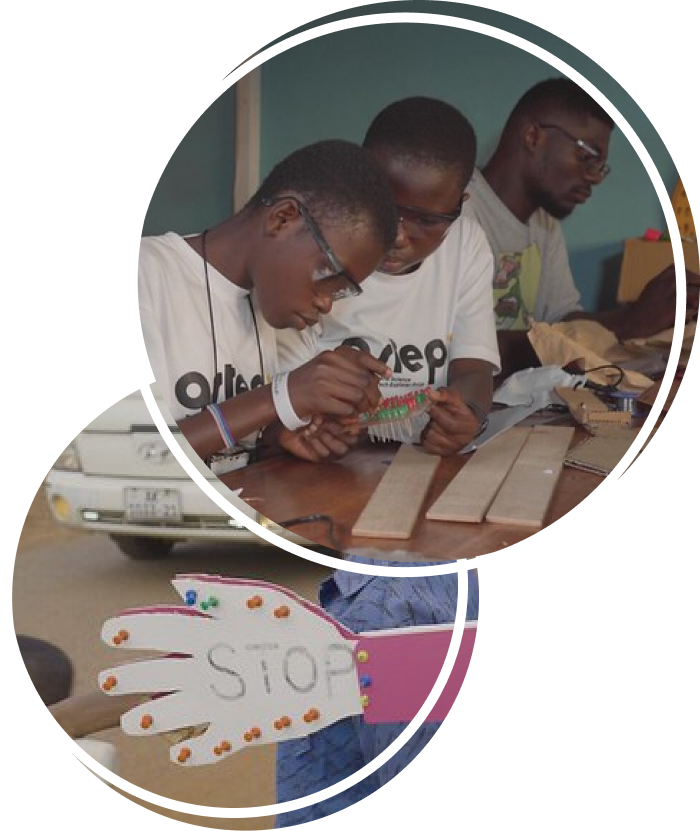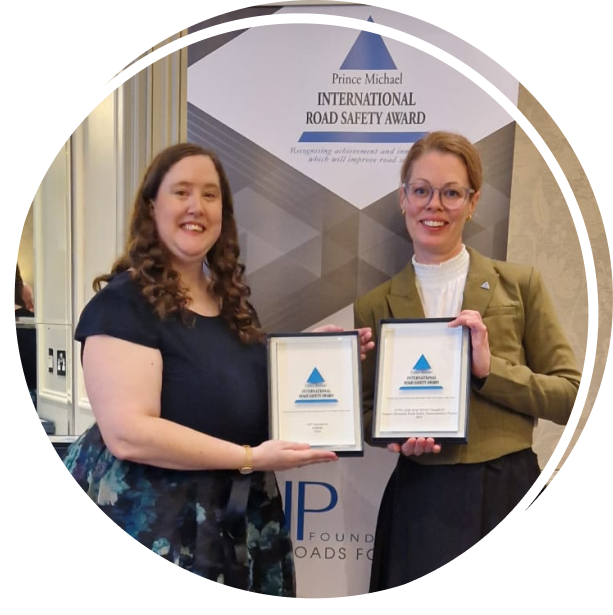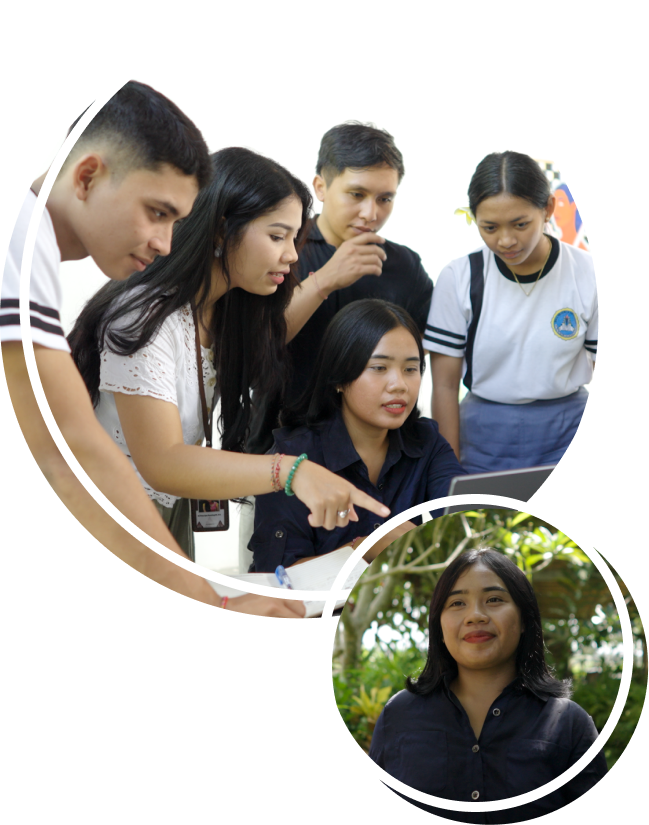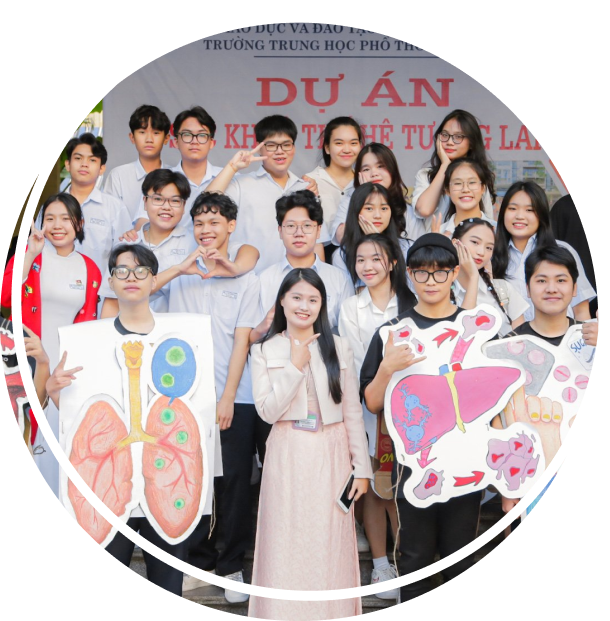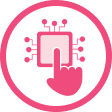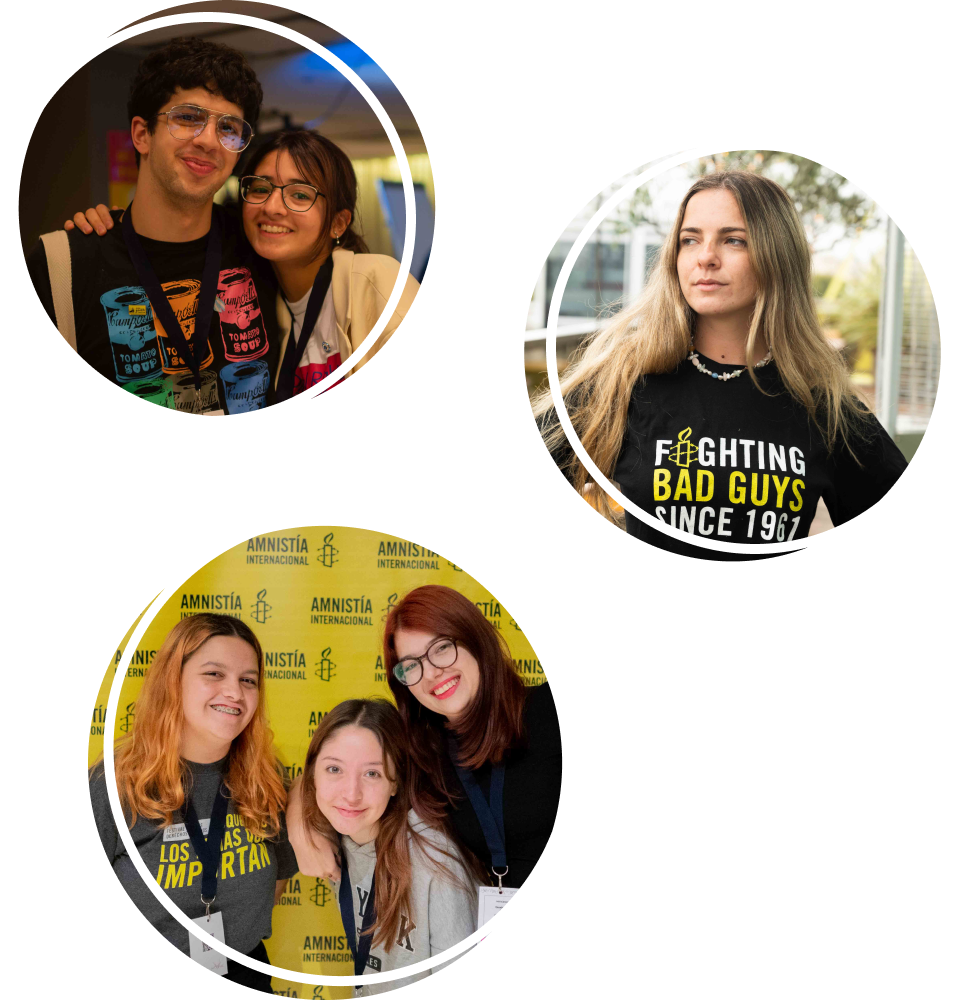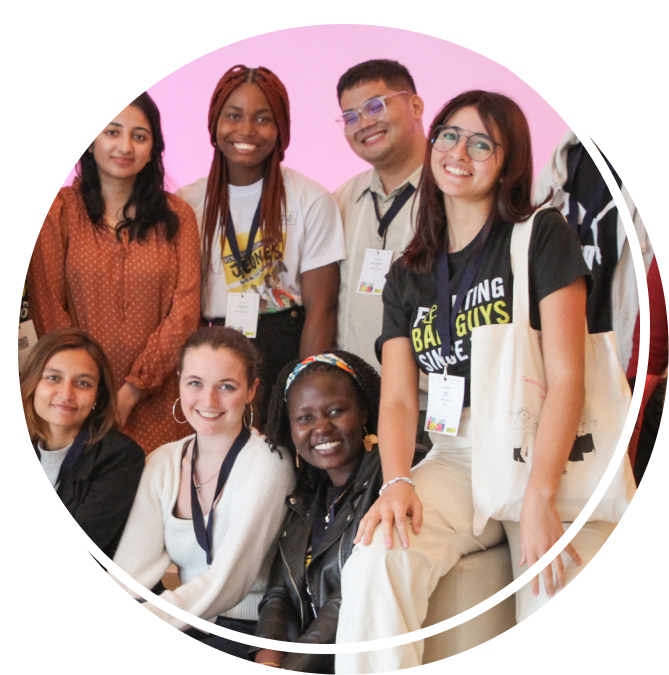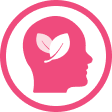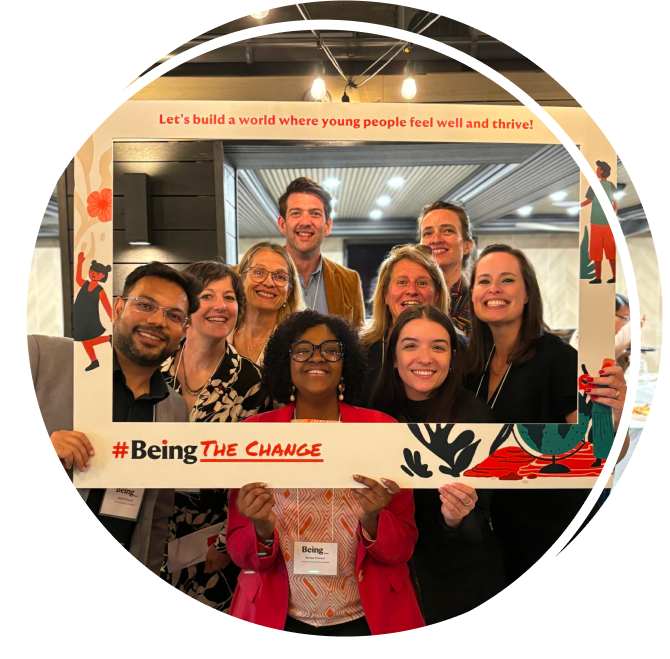Overview
Akaliza is a Rwandan tech entrepreneur, a founding member of Girls in ICT Rwanda, and a member of the UN High-Level Panel on Digital Cooperation. For Women Deliver 2019 that took place in Vancouver, Canada, Akaliza spotlighted five tech solutions that show the potential of women-led innovation to better the health of women and girls.
This year in Vancouver, Canada, activists, advocates, and decision makers from around the world united to bring an international focus on gender equality to Women Deliver. It is imperative that throughout these discussions we utilise the opportunity to explore the increasingly predominant role technology has in accelerating progress in health and wellbeing.
Health and wellbeing indicators for women and girls today are tied to discussions on unequal levels of financial independence, unpaid care work, and access to sexual and reproductive health services. Many research papers and articles, such as this one by Foreign Policy, show women are typically hold a higher responsibility for making health-related decisions in the household, and also account for more health problems than men. The World Health Organization (WHO) published that approximately 830 women die every single day due to mostly preventable pregnancy and childbirth related issues – 99% of these women living in low- and middle-income countries. There’s also higher risk that women’s health is impeded by climate change, with UN Women highlighting the disproportionate impact that environmental issues have on women and children. This Women Deliver conference happened at a critical time in history, offering an opportunity to really bring health inequalities to the forefront.
At the same time, an unprecedented wave of innovation shows more potential for progress in health than ever before. Mobile health (mHealth), is enabling health workers to share nutritional information with pregnant women, and new mothers via text messages. Big data is already transforming our health systems as we know them, enabling us to better pre-empt and prevent major health challenges.
Not only is tech achieving remarkable precision in healthcare – but also helping to improve access. Take Zipline in Rwanda, a medical company using drones to deliver lifesaving blood to remote clinics, where poor road infrastructure causes extreme health burdens for vulnerable populations. The possibilities are tremendously powerful.
I recently reviewed the “Tech4Her: Map of Impact for Women & Girls” built by Fondation Botnar, a Swiss-based foundation which acts as a true catalyst in the future of digital innovation in global health. The map, which launched at Women Deliver, is a first of its kind – showcasing technological solutions with the potential to tackle health and wellbeing issues facing women and girls. With women consistently under-represented in STEM fields, it is fantastic to see cases where women were in the driving seat behind tech-enabled solutions. Here I spotlight just five examples of how diversifying tech design has critical social impact for women and girls.
Lady Driver
Public carpooling is thought to be the latest wave of innovation in Brazilian cities, offering easily accessible travel solutions to urban dwellers. Yet concerns around the safety of women being compromised by violations when they use these services warrants critical attention. Lady Driver is an app on a mission to tackle this, employing solely female taxi drivers and ensuring all male riders are first approved. With an estimated 11,000 drivers and 100,000 downloads to date, Lady Driver is already improving city safety in Brazil, while also opening up important economic opportunities for those part of the community.
Maven
Tired of access issues in the US health system that exclude many women from being able to visit a healthcare professional, Katherine Ryder, guided by an all-female board, founded Maven. Maven technology provides immediate and continuous lines of communication between patients and providers; enabling video chats with doctors, nutritionists, paediatricians, gynaecologists, midwives, and mental health providers. As a mother to a 1 year old, one of the most important focuses of Maven’s for me is the support they offer to new mothers re-entering the workforce, offering easy to use educational resources to support their unique health journeys.
Sheroes
Created by technology entrepreneur Sairee Chahal, SHEROES is a women-only social networking app which puts innovation at the heart of combating issues derived from gender inequality in India. With over 50 communities, it provides safe virtual spaces for women to truly express themselves and discuss taboo subjects, while also offering a range of support services including free counselling and legal advice. Available in English, Hindi, Telugu, Bengali and Marathi, SHEROES now reaches over 14 million members.
rAInbow
rAInbow is a smart AI assistant designed to support millions of people in South Africa who are in abusive, controlling, or unhealthy relationships, which are sadly still a prevailing risk to women worldwide. rAInbow shares personalised and immersive stories, and uses a chatbot to help to identify signs of abuse in relationships. While offering advice and support from experts on how to report violations is the fundamental goal, the app is an important demonstration of how smart assistants can reach people in difficult situations.
AkiraChix
Eight years ago Judith Owigar, Angela O. Lungati, Linda Kamau, and Marie Githinji were among the few women working in tech design in Kenya, and so AkiraChix was born out of a conversation that they were – and should not be – a minority. With support from Google and the Institute of Software Technology, AkiraChix works with women in deprived areas of Nairobi, including young girls from poor social and economic backgrounds, to teach them skills in programming, graphic design, and technology training and entrepreneurship.
With the Women Deliver conference being an ‘unwavering advocate for women and girls’, what better place to driven a dialogue on the vast possibilities technology has to offer. Importantly, we need to consider how the face of tech is changing. As a founding member of Girls in ICT Rwanda, I have seen first-hand that widening participation in tech provides more autonomy in tackling the diverse health issues people are facing at the grassroots level. African entrepreneurs, women, students – everyone is welcome to leverage technology for the good of their community. To meet the opportunities and challenges, we need more diversity in tech development – not only to change the innovation culture, but to bring ideas that can truly transform lives, regardless of gender, race, sexuality, or geography.
Click here to see the full map.


